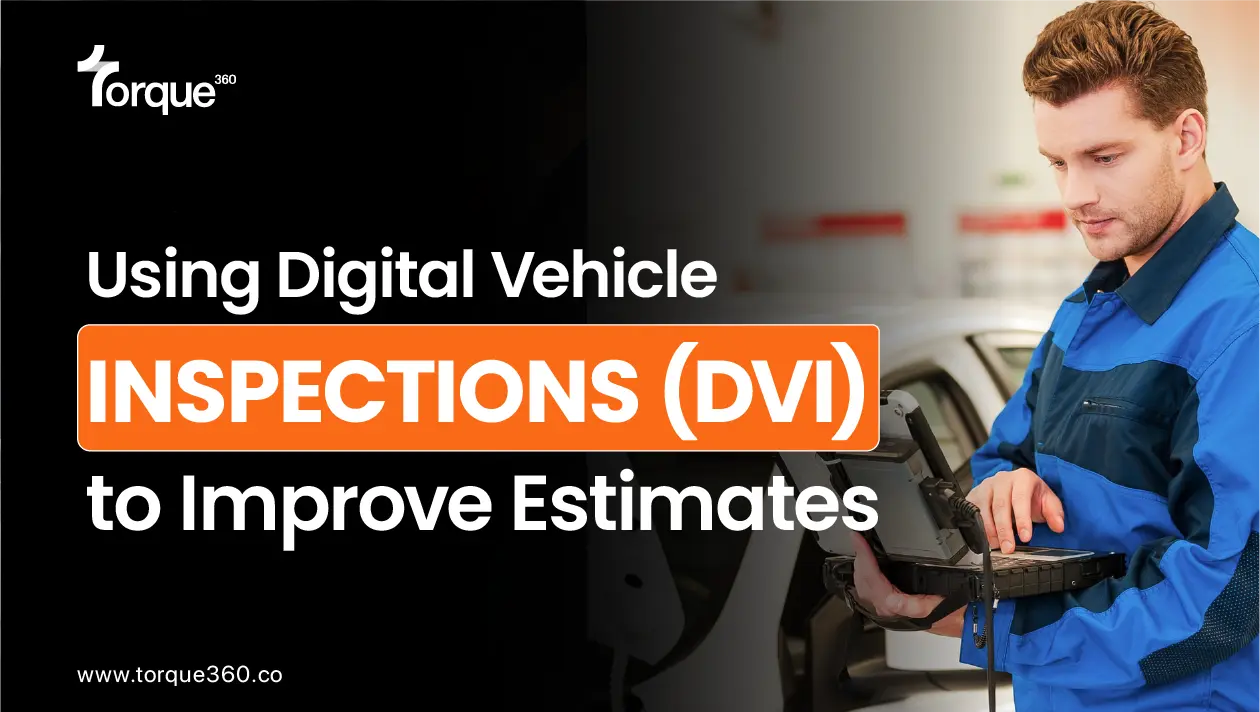If you’re a truck repair worker or just someone who loves diesel trucks, you probably know how important it is to keep everything running smoothly. Regular check-ups and quick fixes are key whenever big trucks hit the road.
One important thing to know is how to read a diesel truck’s battery voltage. Knowing when the voltage is good or weak, spotting problems with the alternator, and understanding how multiple batteries work together can make a huge difference in preventing breakdowns.
Let’s go over some important things you should know to keep your diesel truck’s battery in excellent condition and make sure everything works safely and properly.
Basic Information About Diesel Truck Batteries
From the moment you start the truck, having a well-maintained battery system is super important for the vehicle to run smoothly. Knowing the basics can help you avoid surprises or problems later on.
Battery Voltage Needs
Most modern vehicles have 12-volt batteries. While a regular passenger car only needs one battery, diesel trucks typically have two 12-volt batteries arranged in parallel.
This setup, where the positive and negative terminals of both batteries are connected to each other, isn’t just for appearance; it’s designed to provide the extra power needed to start the high-compression engines found in diesel trucks.
Normal Diesel Truck Battery Voltage Reading
When checking a truck’s battery, there are a few important voltage numbers to remember. A healthy, fully charged battery should show about 12.6 volts when the truck is turned off. If the reading is around 12.4 volts after the truck has been off for a while, that’s usually okay. But if the reading drops below 12.2 volts, it’s a warning sign and you should check the battery more closely.
Tip:
The Optima RedTop Battery is one of the best options for diesel trucks. It offers a 100-minute capacity and provides an 800 cold cranking amp rating for strong performance.
Voltage and Starting the Engine
Starting a diesel truck needs a lot of voltage to power the starter motor and get the engine going. If there isn’t enough voltage, the engine might have trouble starting. This is something that should be checked before it becomes a bigger problem.
Voltage Drop During Cranking
It’s normal for the battery voltage to drop a little when starting the engine because the battery is working hard to get it going. A good, strong battery will bounce back quickly and return to the normal voltage once the engine is running.
Low Voltage During Cranking and Possible Problems
Watch for signs that the battery might be having trouble when starting the engine. If the voltage drops too low, like below 10 volts, and doesn’t bounce back quickly, it usually means the battery is getting weak.
Don’t ignore this—it could be a sign that the battery is about to fail and might not be able to start the truck soon.
How does the Alternator Work?
You can drive with a malfunctioning alternator, but only for about 30 minutes or less before you need to get to the nearest mechanic.
Knowing how the alternator works, what it does, and how to test it properly—including checking its ideal voltage range—can help you spot and prevent problems before they happen.
Why the Charging System Is Key
The alternator is more than just a part under the hood; it keeps the battery charged while the engine is running. If the alternator stops working, it won’t recharge the battery properly.
This can cause the battery voltage to get too low, which might lead to starting problems and could even stop your truck from completing its trip.
Checking the Alternator’s Voltage Output
To make sure the alternator is working properly, you should check its voltage output. A healthy alternator should produce between 13.8 and 14.8 volts. If the reading is much higher or lower than this, it could mean there’s a problem with the charging system.
But remember, if the reading is below 12.5 volts, it doesn’t always mean the alternator is bad. The issue could be with things like loose or old battery cables, bad wiring, a weak battery, or even a problem with the truck’s control system.
Testing and Managing Multiple Battery Systems
Having multiple batteries in a system can be complicated. If one battery is weaker than the others, it can affect how well the whole system works. Just replacing the battery with the lowest voltage isn’t enough. You need to test each battery separately to find out which one is really failing.
If one battery needs replacing, it’s often a good idea to replace both at the same time. Using batteries that aren’t the same age can cause problems. One battery might get too much charge, while the other gets too little, which can shorten the life of both batteries.
Taking Charge
In the world of diesel trucks, where every part is important, checking the battery voltage regularly is a must. Knowing the right voltage ranges and what they mean is key to keeping diesel engines running well.
To make sure you’re diagnosing and maintaining things correctly, it’s a good idea to get a reliable digital multimeter. This tool is really helpful for testing battery voltage, checking the alternator, and finding other electrical problems.
Labor Estimates & Parts Integration for Diesel Truck Batteries
When it comes to replacing batteries in diesel trucks, it’s important to know what to expect in terms of time and cost. Therefore garage owners use auto repair estimate software to calculate accurate estimates. The job usually takes a few hours, and the cost depends on where you get it done and how complicated the replacement is.
Choosing the right parts is important, too. High-quality batteries might cost more at first, but they last longer and work better. This means fewer replacements and repairs, saving you money. When the right parts are used, the truck runs better and avoids breakdowns, which keeps it working well.
Torque360 can help manage battery needs. They offer tools like NexPart, Epicor, and PartsTech to get quality parts. This helps keep the truck running smoothly and avoids costly repairs, keeping the truck on the road for longer.





